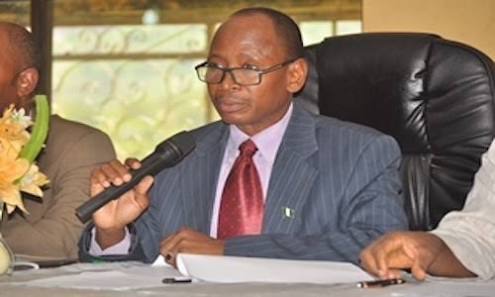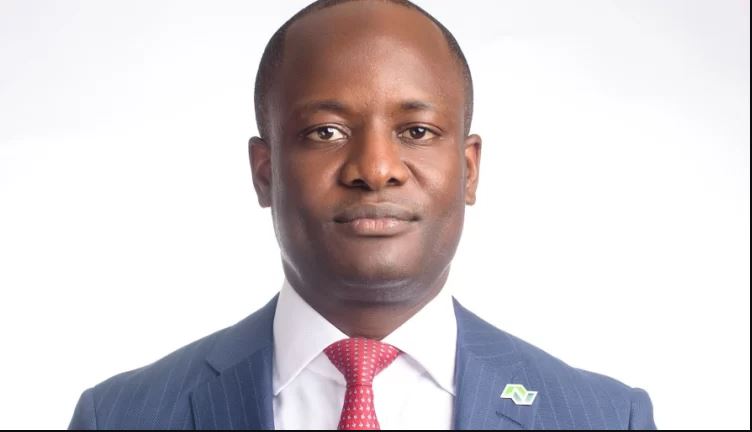The way and manner of response to the request put forward by a whistleblower to the Office of the Attorney-General of the Federation and Minister of Justice on his share after revealing and bursting a $1bn hidden in an account in one of the maritime agencies have raised discordant reactions from many Nigerians.
Many Nigerians, who responded to Business Hilights Vox-Populi on the action of the minister, condemned the minister aide, who reacted to the payment request filed by the aggrieved whistleblower.
Over 85% of respondents averred that payment should not be tied to when the government recovers the looted funds, but as soon as government confirms that the information given by the whistleblower was correct and true.
It would be recalled that the aide in question, who is the Special Assistant to the Minister of Justice, Abubakar Malami on Media and Public Relations, Dr Umar Gwandu, said government only pays whistleblowers after successful recovery not for mere tracing or exposure of suspected illegitimate funds.
He was reacting to the letter allegedly by one Aliyu Lemu, Esq. purportedly written on June 22 on issues revolving around payment of a whistleblower’s fees.
According to Dr Gwandu, “The Office of the Attorney-General of the Federation and Minister of Justice wants to make it categorically clear that one does not get payment on account of exposing looted assets, but on successful recovery and lodgment of same into the designated assets recovery account at the Central Bank of Nigeria,” he said.
He said the procedure for engagement of a whistle blower or recovery agent as it relates to the Office of the Attorney-General of the Federation is as follows:
“A Proposal is submitted to the Office of the Attorney-General of the Federation, a Letter of engagement is issued to a whistle-blower or recovery agent where the disclosure is assessed to have some prospects of success.
“The recovery agent or whistle-blower is expected to notify in writing the acceptance of the engagement.
“The recovery agent or whistle blower is expected, upon acceptance, to not only trace the assets but recover same and have it deposited in a designated asset recovery account maintained by the federal government in the Central Bank which is usually provided to the recovery agent in writing.”
He added that where these funds are eventually claimed to have been lodged by a whistle-blower or recovery agent, the Central Bank issues acknowledgement of receipt of the fund to the Office of Attorney-General on demand.
“It is,” he explained, “the satisfaction of the above elements that entitles the whistle-blower or a recovery agent to a claim of success fee and the payment is usually effected by the Federal Ministry of Finance and not the Office of the Attorney-General of the Federation.
“The role of the Office of the Attorney-General in essence is simply that of processing the above listed documents to the Ministry of Finance which is the ministry saddled with the responsibility of effecting payment.”
Malami explained further that recovery is not about exposing the existence of certain assets in an account purported to have belonged to an agency of the government.
He said: “It is about establishing that the funds in the account are looted assets or illegitimately warehoused and following that up with actual recovery and lodgment of the funds in the designated Asset recovery account through judicial and extra judicial means.
“Entitlement to recovery fees is for all intent and purposes contingent on lodgment of the purported/exposed assets constituting the subject of recovery into the Federal Government Recovery designated Account.
“This account is maintained at the instance of the President at the Central Bank of Nigeria and the details of the account are contained in the engagement letter.
“The agreed remuneration shall become due and payable to the whistle-blower within thirty (30) days of the receipt of the recovered/looted funds by the Federal Government of Nigeria and payment shall be made to the designated/nominated account provided in writing by the whistle-blower.”
Malami advised that if the whistle blower in the circumstances of this case feels strongly that there is any claim of wrong doing associated with the alleged claim relating to recovery process, the whistle-blower should consider lodging a complaint with the relevant institutions of his choice for the matter to be properly investigated and or consider a judicial redress in the alternative.
“The claim by the whistle-blower, as published by the newspaper, that the Office of the Attorney-General of the Federal cajoled them into signing of an agreement forfeiting sixty percent of the whistle-blower fees amounts to criminal allegation which the whistle-blower is encouraged to lodge a complaint about before the appropriate law enforcement agencies for full-scale investigation,” he said.









